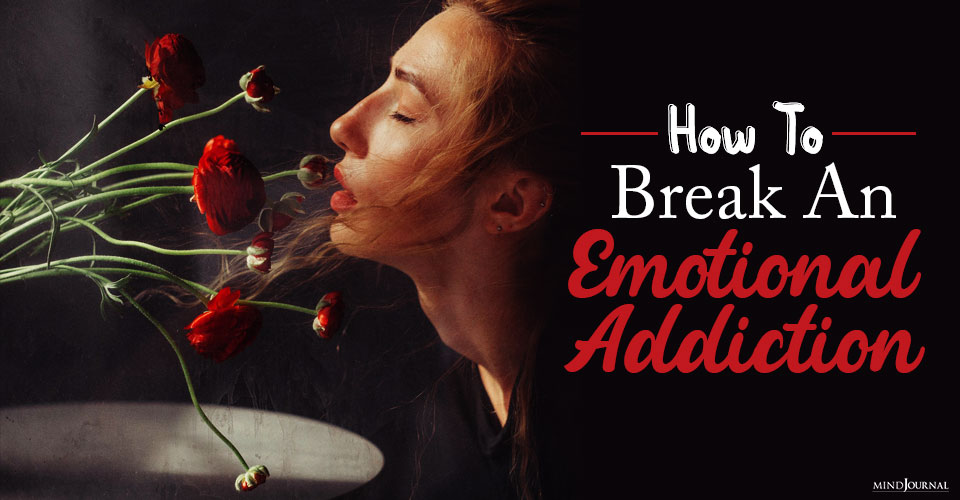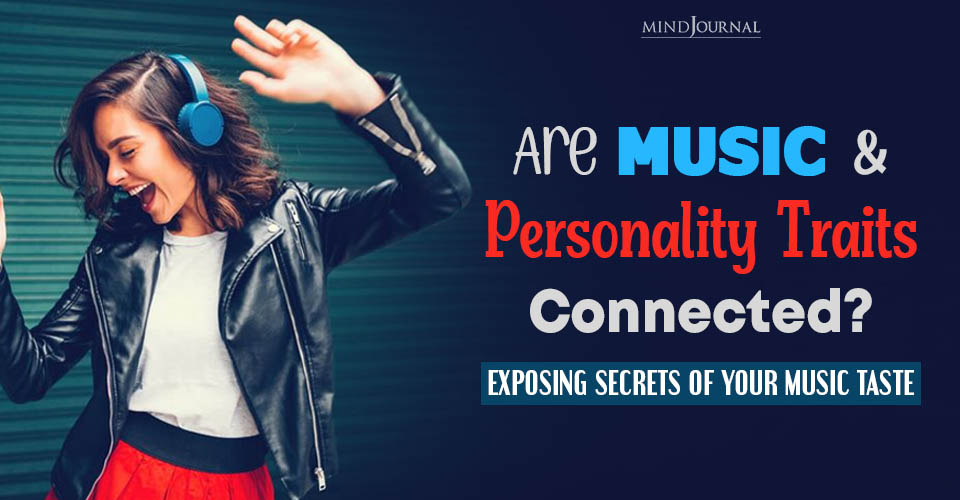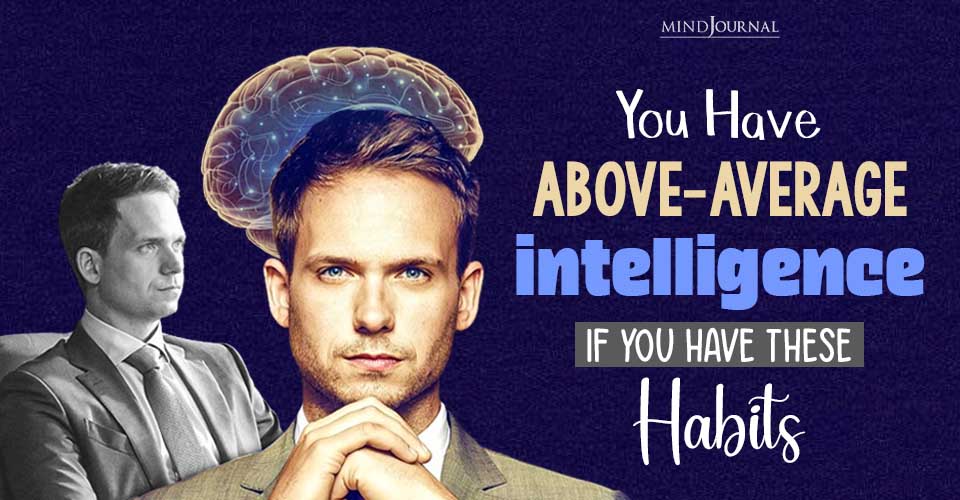What does addiction do? it’s an unhealthy tool to relieve distress. When you’re hooked, you become overly dependent on that addiction. Similarly, emotional addiction can be quite dangerous for you, if not more, as you are at the mercy of your feelings and emotions. All these emotions become so enrapturing that you cannot let them go.
We’re taught to feel and accept our emotions, but what about when your emotions actually become an addiction?
This concept is pretty foreign in the system of psychology which is based around the analysis of emotions.
When I practiced traditional psychotherapy, I began to notice how many of my clients were feeling emotions repetitively. Most of them would subconsciously set up situations where they would experience them even though they were verbally telling me that they wanted to change.
Few people understand the chemical cocktail of human emotion.
Emotions begin with a thought. We have too many thoughts in a day to even count, but most of these thoughts are habitual. We have them day after day, and because we have not created a separation from thoughts, we assign a meaning to those thoughts assuming that they’re true.
It’s the assigned meaning of thoughts that form our emotions. When we feel this emotion, there’s a cellular change in the body. Neurotransmitters are released and the physiology of the body shifts. As our physiology shifts, the neural pathways in the brain fire and wire in response.
Feeling and reacting habitually strengthens neural pathways which will make us subconsciously seek the same emotion. Emotional addiction is when the body becomes dependent on our own chemical responses.
This cycle changes the reward center of the brain. Even if the emotion makes us miserable, the rush of neurotransmitters is a reward.
Addiction usually means being addicted to an external substance or behavior (like food addiction or sex addiction) but it’s also possible to be addicted to our own internal chemical cocktails.
Most people who struggle with any kind of addiction are aware at least on some level of the issues their addiction is causing them. Emotional addiction is different because we’re living and breathing the emotional experience so closely it literally is beyond our scope of awareness.
In order to break emotional addiction, you have to become conscious of your own patterns.
Become aware of your “hit” emotion.
If a lightbulb has gone off and you realize you have an emotional addiction it will be easy for you to identify your “hit” emotion. If something has stirred inside of you but you can’t quite place which emotion you feel in cycles, some more work will need to be done to identify the “hit” emotion.
Here are some easy steps to start:
1. Set an intention to observe your emotions:
While this sounds simple, it’s actually very difficult because we rarely observe our emotions before responding to them. You may think you don’t have an emotional addiction because it seems like it’s just part of “you.”
Put reminders in your phone and journal this intention. Doing this will help you become conscious of the subconscious. Watch how you feel in daily situations while scrolling Instagram, at work, or when talking with friends. Notice any patterns and note them. These may give you clues to your hit emotion.
Read 8 Ways You Can Regulate Your Emotions
2. Ask for input from someone you trust:
Through vulnerability, we gain insight.
If you have someone in your life who you trust and who’s willing to be open and honest with you, ask them if they would give you input. Tell them that you’re doing some personal development work and see if they find you in any particular emotion a lot of the time. Other people can see what we cannot see in ourselves.
3. Commit to a daily 5-minute meditation:
For 30 days, commit to doing 5 minutes of meditation no matter what. Watch the feelings and emotions that come up while attempting to observe your thoughts. They will give you valuable feedback on the loops of your thoughts which trigger emotion.
As you can tell, this will take a lot of work and commitment. Emotional addictions take decades to develop and will require you to do a ton of self-reflection. After you’ve identified the “hit” emotion you’re ready to move forward.
It’s worth noting that this is not a place to dwell in. When you find out what the emotion is, you will feel a lot of other emotions around this. A lot of shame can come up because you were unaware of your own behavior.
Practice compassion and understand that any behavior can be changed with intention. Move forward and have gratitude for this awareness.
Re-wire the brain’s reward system
1. Focus on nutrition:
The brain is an energy-demanding organ that is constantly creating new pathways, regenerating cells, and is firing and wiring neurons countless times in a day. The brain is primarily fat and is in constant communication with the gut via the gut-brain axis.
Since neurotransmitters like serotonin are primarily made in the gut, food becomes the greatest therapy for a healthy brain. When you’re working on a new habit, it’s important to give the brain proper nutrition to support the process.
This means removing processed foods, sugar, gluten, and replacing them with nutrient-dense ancestral foods like meats, veggies (especially fermented veggies), kefir, grass-fed butter, eggs, and dairy if you tolerate them well.
2. Use affirmations:
If you read my Instagram posts, you know that I focus a lot on affirmations as a way to re-program the subconscious. When you know your “hit” emotion you can use affirmations to change the neural pathways of the brain. Commit to doing daily affirmations and be patient.
While this can be done, it does take time. Morning is the best time to do them because the mind is in a relaxed state. Before bed is another, so find the time that works best for you. Never attempt to do this in a period of stress.
During the day when you feel your emotions rising use this mantra silently each time. As the mind adjusts you’ll see your “hit” emotion coming up less and less.
Let’s say your emotional addiction is to anger. Peace is the emotion you want to use to break the cycle of anger. An affirmation for this would be “I am peace. I choose peace. I control my emotions in any given situation, and my baseline emotion is peace.”
Deliberately feel peace throughout the body. Imagine how peace feels. This is the most important part. If you can think it and feel it in your body it’s as if it is already true. This is where affirmations gain their power to produce real change.
Read 5 Emotions That Can Cause You Pain, And How To Control Them
3. Expect Resistance:
The brain is neuroplastic, meaning it can create new pathways based on conscious behavior at any time during life. While this is fascinating and gives hope, it’s important to be realistic that it takes a lot of work.
The mind always favors familiarity and will protest when you try to change neural connectivity. For this reason, it’s important to take small blocks of time to do this work.
If you do too much at once the brain will become fatigued quickly. Subconscious re-programming will only work when the brain is in a rested and relaxed state. When you feel overwhelmed, take a break. Slowly over time, the brain will gain tolerance to these new activities if you do not go into stimulus overload.
Freedom from the chains of emotional addiction will not only create happiness but also create bodily health. Allowing your body to rest from these chemical “fixes” will allow its physiological processes of natural healing, or homeostasis, to take place. You will start to see not only emotional benefits but also physical ones as it regains their natural balance.
Written by Nicole LePera Originally Appeared In The Holistic Psychologist
Emotional addiction is something that not a lot of people know about, hence it is not taken that seriously. But just like every other kind of addiction, if this is not healed, it can be detrimental to your mental health, and peace of mind. So, if you feel that you are someone who suffers from this, then follow the pointers mentioned above and you will be able to overcome it.
If you want to know more about emotional addiction, then check this video out below:











Leave a Reply